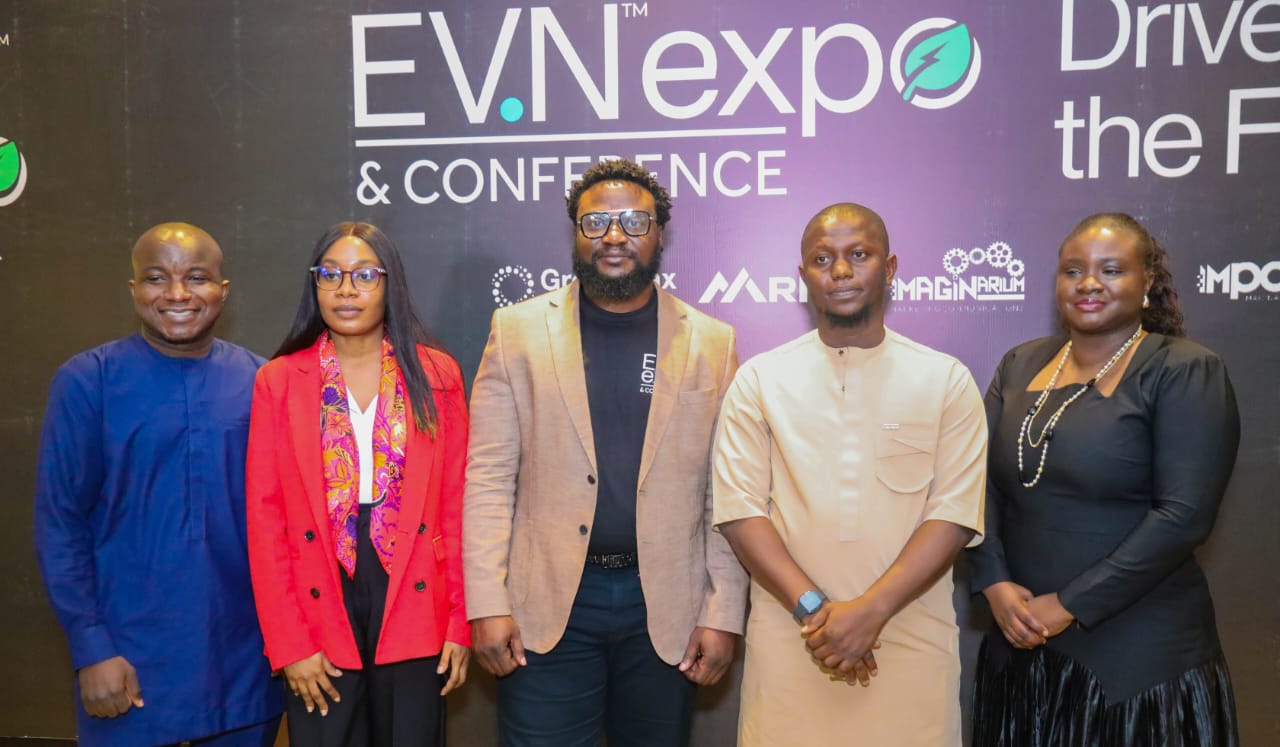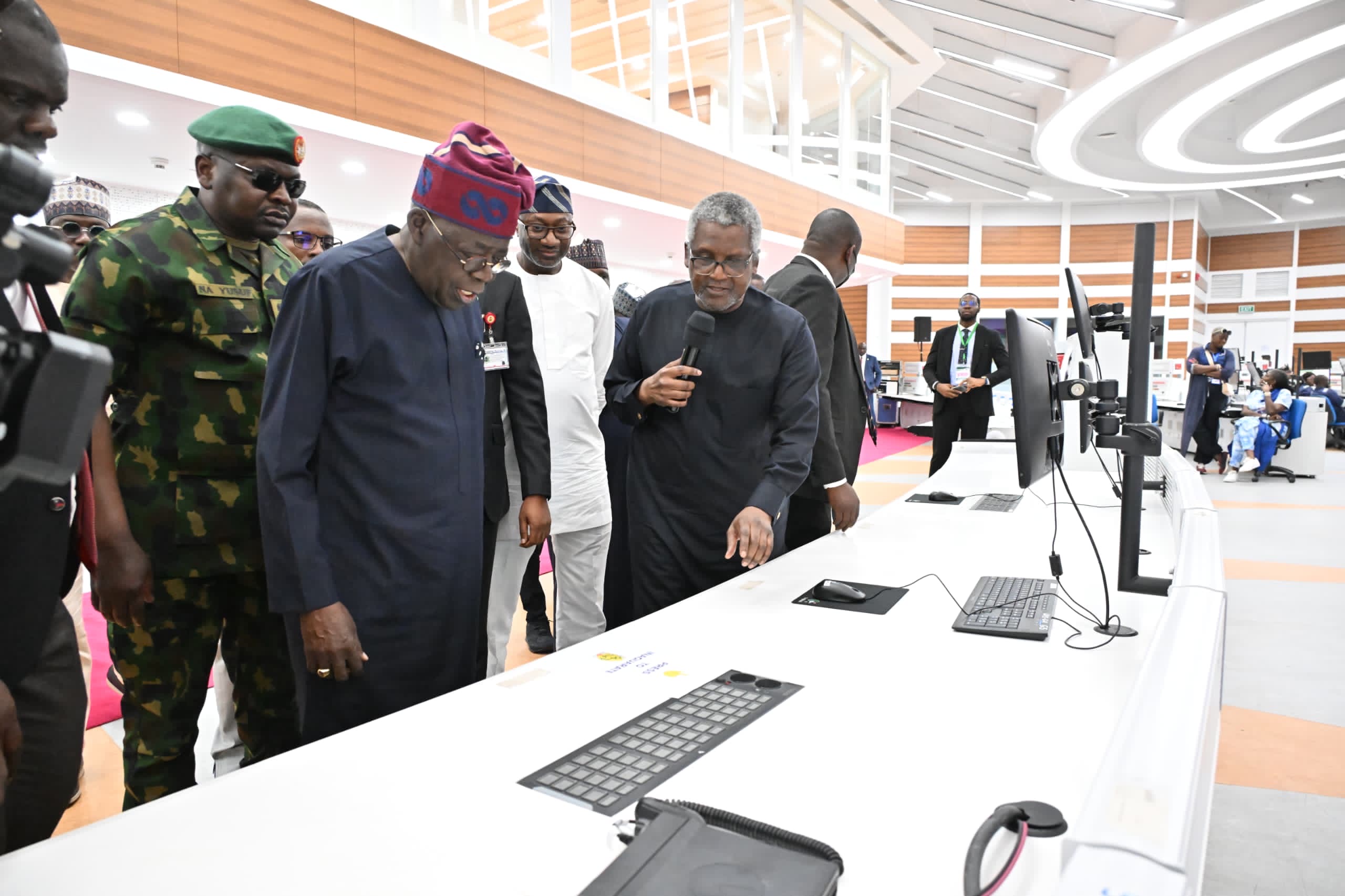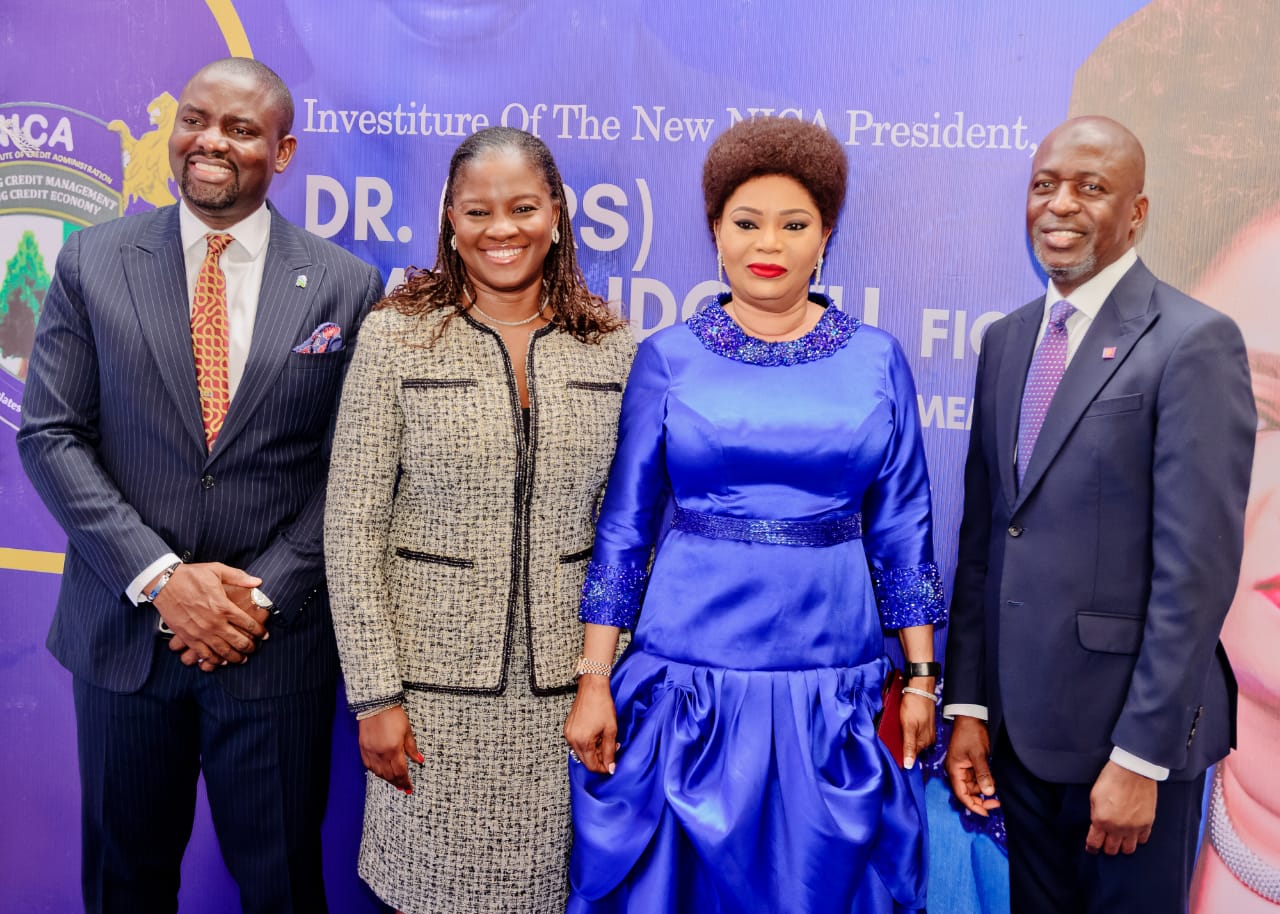Electric Vehicles Nigeria Expo Debuts November 13,14

L-R: Director, Off-Grid Transaction Advisory, Green Max Capital Group, Koye Alaba; Program Associate, NoMAP, Jennifer Anya; Convener, EVN EXPO, Adekoyejo Abiola; Associate, RMI, Ridwan Zubair and Principal Advisor, Advisory and Investment Readiness, The Bopfa Company, Boluwasope Ogboye during a press conference organized for the premier EVN EXPO held in Lagos recently
Experts and investors drawn from real estate, banking, sustainability and energy sectors will gather at the inaugural edition of Electric Vehicles Nigeria Expo to catalyse the adoption of electric mobility in Nigeria.
The EXPO, which will be held on November 13 and 14, 2025, at Balmoral Hall, Federal Palace Hotel, Victoria Island, is expected to attract 2,500+ participants from the government, private sector, development finance institutions, innovators, investors, and the buying public.
Speaking during the Press conference organized ahead of the event at Victoria Island, Lagos, the Convener of EVN EXPO, Adekoyejo Abiola, who delivered the opening address, stated that with the transformation in climate, energy, and technology, electric mobility is no longer an experiment but a reality.
Abiola stated that EVs have become central to global conversations around energy security, trade competitiveness, and sustainable industrial policies.
He described the adoption of EVs in Nigeria as not just a technological upgrade but as a platform for economic transformation for consumers, corporations, and cities.
He added that this presents a unique opportunity to lead in building an inclusive, climate-resilient transport economy.
“This is not just a chance to catch up, it is a unique opportunity to lead West Africa in building an inclusive and climate-resilient transport economy.
“Think local assembly, battery production, component manufacturing, software and fleet management systems, long term cost savings for consumers, foreign exchange cost savings. This is industrial policy meets innovation and it’s how we stimulate job creation across manufacturing, construction, logistics, and digital services. But even more importantly, this transition must work for the informal economy,” Abiola stated.
He said the forthcoming expo presents an opportunity to shape Nigeria’s future by owning its mobility, controlling its energy destiny, and writing a new story of innovation, inclusion, and independence within West Africa and Africa.
The Expo will serve as a catalytic platform where all stakeholders present frameworks, roadmaps, and models showcasing their innovations, startups, demo solutions, and financing consumer-friendly packages.
“Knowledge partners like RMI, GreenMax, and NOMAP will anchor the conversation in research and impact, as will associations like EMPAN, MEMAN, and REAN, supporting the discussion and vision,” he said.
He said embracing electric mobility now will stimulate job creation across manufacturing, construction, logistics, and digital services.
Abiola urged stakeholders to work together in driving the transition to electric mobility in a way that would work for the informal economy, such that they can design EV economy frameworks that support the low-income workforce and budding entrepreneurs in logistics and retail.
He noted that adopting EVs now goes beyond a clean transport agenda but a livelihood agenda.
He called on stakeholders to engage in bold collaborations anchored on three central pillars: financing & infrastructure, innovation, and policy.
Also speaking, Boluwasope Ogboye, Project and Technical Lead for EVN EXP0 2025, revealed that the core objectives of the expo include showcasing cutting-edge EV technologies and infrastructure, driving conversations on financing, policy, and regulatory frameworks, mobilising investment into Nigeria’s clean transportation ecosystem, offering a platform for innovators and startups, and strengthening Nigeria’s voice in global sustainability dialogues.
Speaking at the occasion, Representative, Rocky Mountain Institute (RMI), Ridwan Zubair said the role of government was critical to driving the adoption of electric mobility in Nigeria, noting that it remains the accelerator of Nigeria’s EV future.
According to Zubair, EV adoption goes beyond climate change, as it also drives economic competitiveness and provides cost savings for households and businesses.
He explained that removing the fuel subsidy, which has tripled the cost of transportation, necessitated the need for alternatives such as electric vehicles.
He identified limited charging infrastructure, high upfront costs, weak financing mechanisms, grid unreliability, battery-swapping pilots, lower EV operating costs, entrepreneurial innovation, and supportive policies like fuel subsidy removal and reduced import duties as the significant barriers affecting the adoption of electric mobility in Nigeria.
He stressed the need for the Federal Government to show leadership by addressing systemic barriers and scaling enablers, adding that with Nigeria committed to net zero by 2060, a target of 100% EV penetration was achievable.
He disclosed that with strong policies, Nigeria could save up to ₦6.5 trillion as money expended on fuel imports and avoid CO₂ emissions annually by 2040.
“Government must develop policies that will provide fiscal incentives such as tax exemptions, feebates, and loan guarantees. These include revenue-neutral policies that will not take from the government budget. Besides, the government must develop non-fiscal policies to help electric mobility in Nigeria, including EV sales mandates, emissions standards, zero-emission zones, and EV fleet requirements. The government can ensure that EVs are not a luxury but a mass solution for affordable mobility,” he said.
He noted that partnerships between renewable energy companies and providers of electric mobility solutions are needed to accelerate the growth of EVs in Nigeria.
Also speaking, Director of Off-Grid Transaction Advisory at GreenMax Capital Group, Koye Alaba, underscored the need for Africa, nay Nigeria, to seize the moment and opportunities by investing in building the necessary infrastructure and integrating renewable energy.
According to Alaba, infrastructure, financing, and policy gaps remain critical challenges hindering the electric mobility sector in Nigeria.
He stressed that a strategic roadmap that would put Nigeria at the forefront of e-mobility’s future is being built with good policy, investment, innovation, and partnerships, starting with the EVN expo.
In her remarks, Nigeria off-grid market acceleration program (NoMAP) representative, Jennifer Anya, explained that mass adoption of electric mobility in Nigeria would unlock many value chains and drive economic growth.
Anya stated that with time, the right investment, and a sound policy framework, the adoption of EVs would no longer be a luxury but a necessity accessible to all Nigerians.












